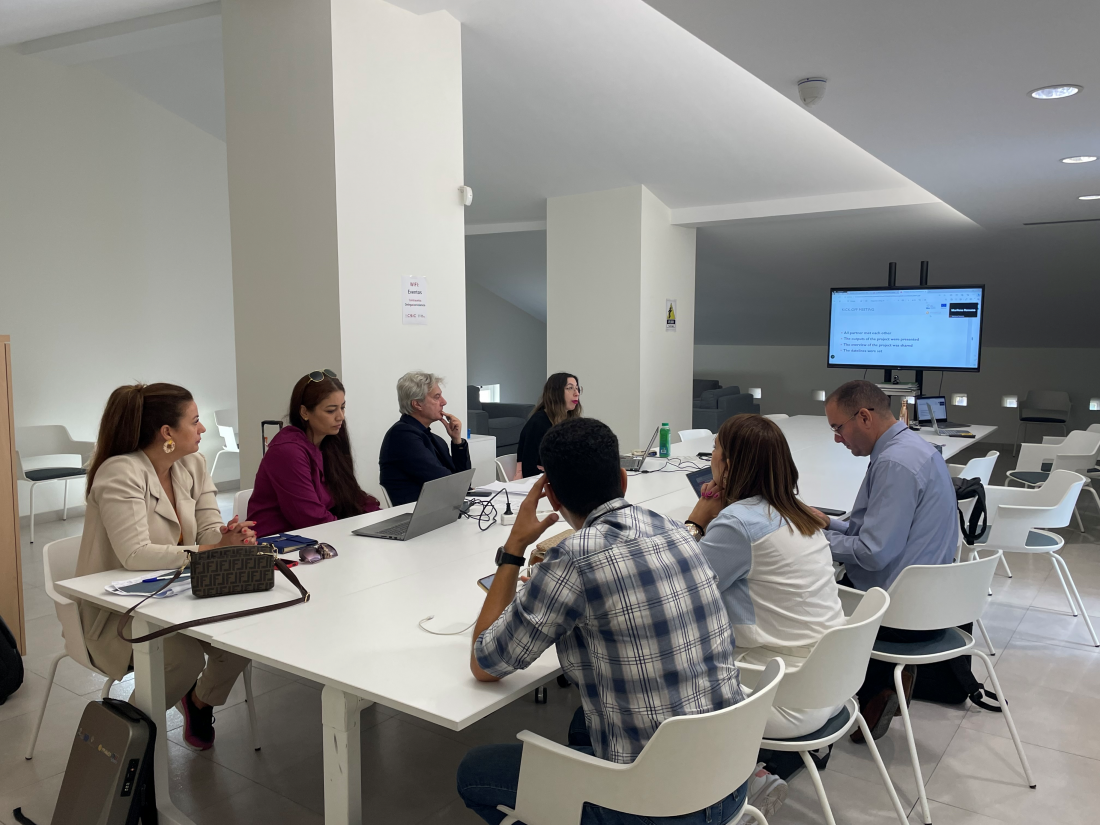PPI4MED structured the bases of a new model to promote transfer of technology through public procurement: achievements in Spain

National Research Centres (NRCs) are the main producers of Research and Development (R&D) results in the Mediterranean region, whose results are transferred to the society through different instruments but not through Public Procurement of Innovation (PPI), although public procurement makes up a large share of public spending and at least 17% of the GDP of most Mediterranean countries.
In this context, PPI4MED project gathered NRC from 5 Mediterranean countries to promote the use of Public Procurement of Innovation as an effective tool to facilitate technological transfer of research results.
Setting up living labs to better match needs between public buyers and sellers of innovation
First of all, the project coordinated by the Spanish Research Centre (CSIC) set living labs on Innovation Procurement. Each living lab is a national platform to match interests and needs between public buyers and sellers to support the creation of concrete ideas that can be translated into potential Public Procurement of Innovation (PPI) pilots. Four living labs were created in Italy and Tunisia in March 2021, in Spain in April 2021 and in Jordan in May 2021.
During 2021 and 2022, many meetings were realised to explain and promote the idea of Public Procurement of Innovation, to identify the needs of public buyers regarding solutions that could offer researchers. In Spain, a survey has been conducted, 37 Memoranda of Understanding were signed and 69 needs were identified.
Training on Public Procurement of Innovation
As Public Procurement of Innovation (PPI) is a quite new concept especially in Mediterranean Partner Countries (Egypt, Jordan and Tunisia), training represented an important component of the capacity building of the project. Therefore, in June 2023 the training programme was launched and divided into two phases. First, the training of trainers (ToT) followed by the national capacitation training programme through masterclasses. Each training focused on 3 major aspects: legal, technical and financial.
In Spain, the training took place from 18th September to 29th October 2023. The training course was divided into two phases. The first one was online through a training platform, in which the 100 trainees (47 from public procurers and 53 from private companies) had access to 30 videos. The second phase was organised through online masterclasses. Given that the legal, technical and financial information about PPI that interest public procurers (buyers of technology) were different from private companies (sellers of technology), the course was divided into two training paths. There was a general module for both buyers and sellers, and then two specific modules, one for each.
In the second phase, an overall of 7 masterclasses have been delivered between 29th September and 9th October 2023. 3 out of the 7 were general masterclasses and then each training path (sellers or buyers) had 1 masterclass and 1 case study. The main objective was to deepen the material studied in the videos, give realistic examples of PPI procedures (case studies) and to talk with the teachers and ask them as many questions as possible.
Precompetitive analysis of promising products and services for public procurement of innovation
Besides the training, PPI4MED had foreseen to analyse different technologies of the identified needs and study the possibility to match these technologies with interested public procurers (buyers of technology).
In Spain, the team at the CSIC analysed almost 100 technologies for the 69 identified needs in the public procurer’s sessions of the Living Lab. There were around 30 possible matching. These 30 technologies covered the following thematic areas (Smart technologies, water, sea and oceans, energy, biodiversity, circular economy, and cultural heritage). From these sessions, about 15 possible matches with 4 private companies arouse.
At cross border level, when the Mediterranean living lab was organised on the 17th October 2023, Spain presented 3 needs from 2 public procurers, 2 technologies for Italy’s need, 1 for Jordan, and 1 for Tunisia.
Pilot: how to test public procurement of innovation?
Apart from the matching between sellers and possible buyers of technology, one of the main ideas behind PPI4MED project was to test a public procurement procedure for innovation. In this sense, the CSIC has presented technologies to more than 15 Preliminary Market Consultancy, which is the first step for launching a PPI in Spain. Finally, one spin-off, Vanaflow, from the energy sector has been created. Although launching a real pilot to test live a public procurement of innovation has not been achieved, PPI4MED has set up the basis of PPI in the landscape of Mediterranean research and innovation.









